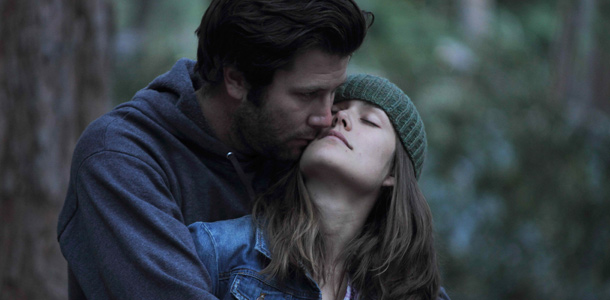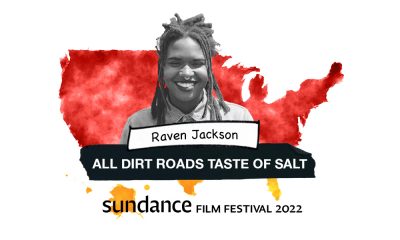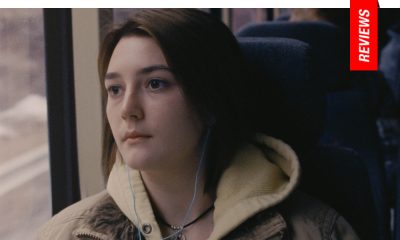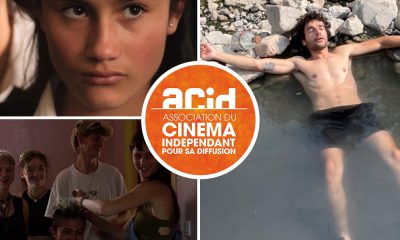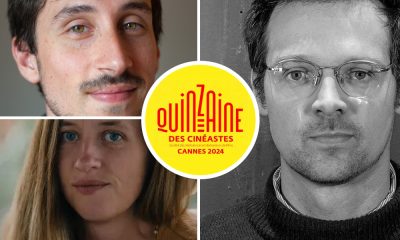Film Festivals
2012 SXSW: Leave Me Like You Found Me | Review
Californian Flip-Flopping: Romanski Examines the Rekindling of a Past Connection
In producer Adele Romanski’s directorial debut, Erin and Cal (Megan Boone and David Nordstrom) rekindle their past connection in Sequoia National Park amidst a vast, breathtaking backdrop. Despite their best efforts, the couple cannot help resorting to old habits, in the throws of bitter resentment, anguish and disappointment. Trying to stay on an even footing Megan pleads, “It’s not a race,” to which Cal replies, “Then why am I winning.” Leave Me Like You Found Me is a straightforward look at the impossibility of starting over, and the equal impossibility of resisting the temptation to try. Romanski succeeds in showing a world of flawed intimacy, the real bare bones of an adult relationship.
There are as many reasons to get back into a relationship as there reasons to break-up, give or take. After the split, as time passes, we meet new people, some interesting, most not. Looking around, we remember certain things our exes did in certain ways, and in retrospect, remember how perfect it all was. Of course, this leaves out all the reasons why we broke up in the first place. At the outset, you can see why Erin and Cal got together, and why they thought they would be able to do it again. They have an easiness, a shorthand, where they understand each other and accept the other for who whey are. There’s a comfort in familiarity. But, like a family vacation that gets stale in hour two, soon things creep to the surface. Sitting in the forest, with nothing but their imaginations to pick away at them, Erin can’t help but ask the nagging question: who Cal has been with since they’ve been together. From there, it quickly devolves into petty antics, exploiting each-others’ weaknesses, in the hope of making themselves feel a little bit better. “Let’s start over again,” they each say once to the other—this ends up being something easily said, but impossible to enact.
Romanski shot the film with a skeleton crew on what became essentially a covert operation in a national park. Shooting without permits, the crew was forced to run and hide when park officials came asking questions; this was aided by shooting with DLSRs that they were able to pass off as still cameras. Though this lent the production a lived-in, unobtrusive, documentary feeling, it conversely gives the film a lo-fi aesthetic that at time complements, and at time feels overly sparse.
One instance where Romanski uses their lack of means to great effect appears late in the film. After a lengthy day, Cal and Erin walk back to their car but soon realize they do not know the way. As night falls, they both begin to panic and begin to take their fear turned aggression against each other. Still not near the car, it’s pitch black and their only illumination is their headlamps. In a dark forest, they insult each other, cutting to the quick, harping on each-others’ biggest weaknesses and darkest secrets. When, finally, they turn and face each other, they see only each-others’ faces, everything else is darkness. They eventually find their car, but those things have already been said, the damage done.
Erin and Cal never walk side by side, and they rarely have the same conversation at the same time. “I want to be the one who stops caring,” Erin says to Cal, defensively, but honestly, fearing the worst. But until one of them leaves, again, they still have each other.
Reviewed at the 2012 SXSW Film Festival – Emerging Visions
80 Mins.



